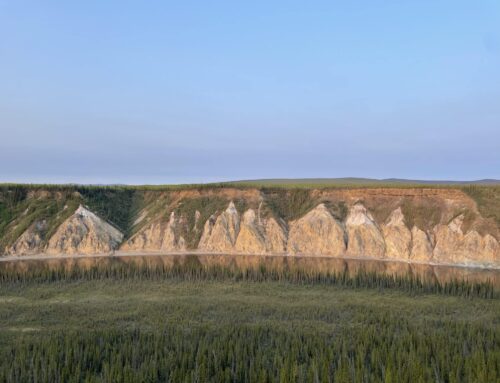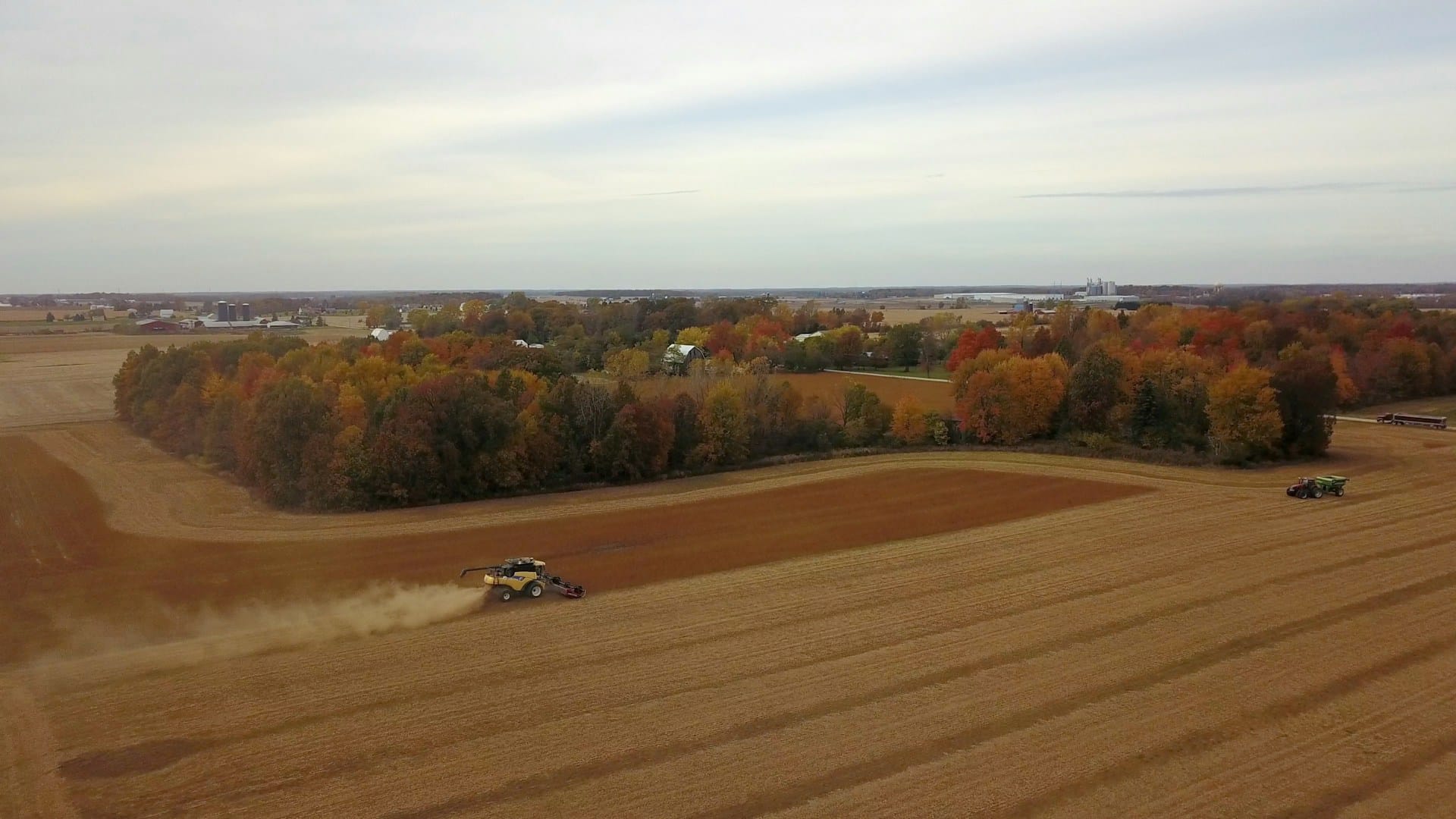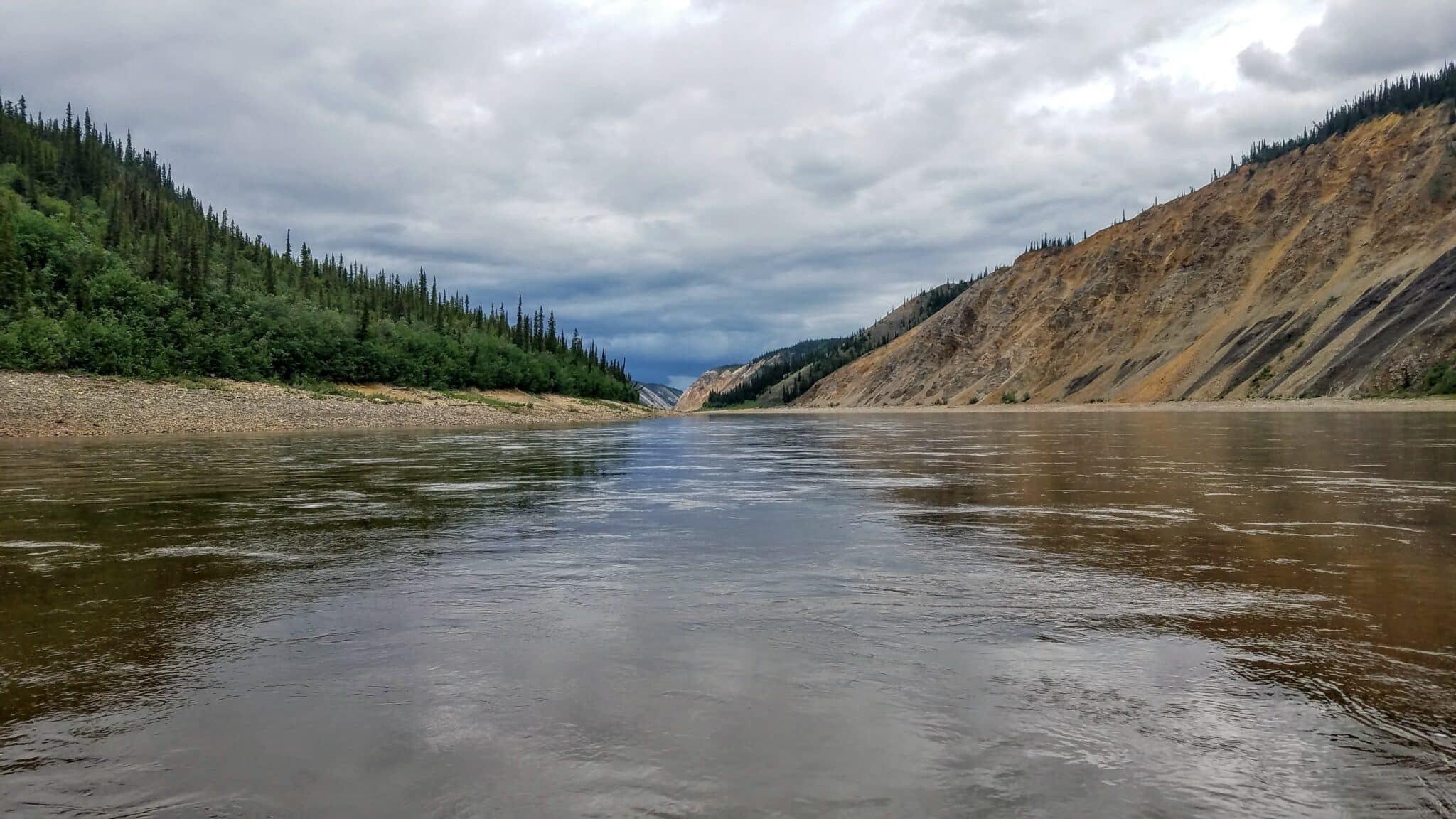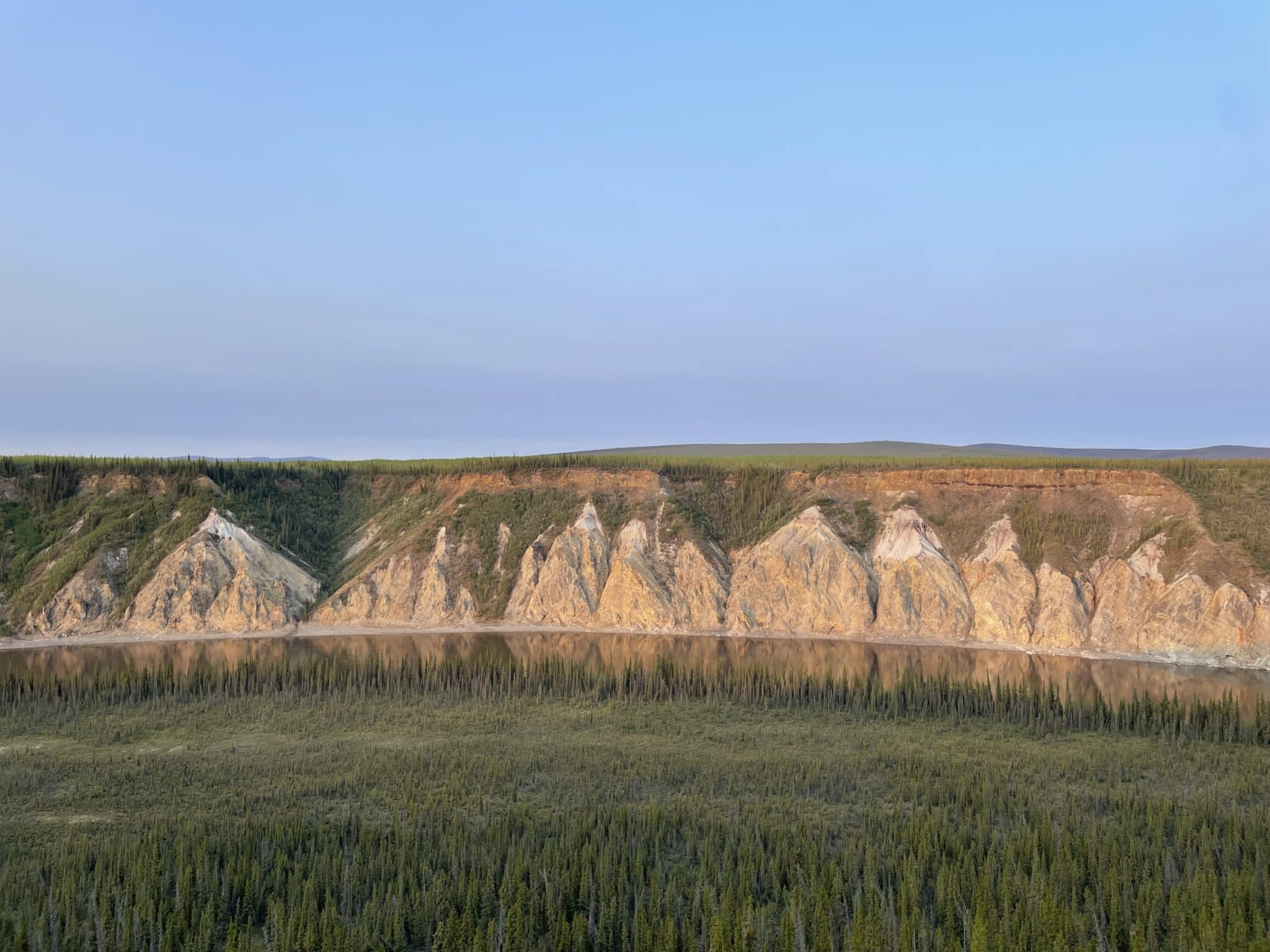The Clean Energy Minerals Reform Act of 2022, introduced by Sen. Bennet (D-CO) and Rep. Grijalva (D-NM), proposes to reform the 150-year-old General Mining Law of 1872. Despite significant changes to the mining industry in the last century, the 1872 Mining law still governs the production of hardrock minerals on federal lands. Both S.4083 and H.R.7580 would impose a royalty on hardrock minerals, create new fees, and establish a reclamation fund to clean up abandoned hardrock mines.
Congress enacted the General Mining Law of 1872 to encourage new settlement and economic development in the West. The law allows any citizen to claim the rights to extract and sell valuable minerals found on federal lands not otherwise closed to mining without paying a royalty. Over time, Congress instituted separate systems for managing the development of specific resources on federal lands, including energy resources like oil, gas, and coal, and basic mineral materials like sand, gravel, and stone. The hardrock minerals not covered by subsequent laws, known as “locatable minerals,” are still subject to the 1872 Mining Law. There is no comprehensive list or definition, but these minerals include gold, silver, copper, uranium, lead, zinc, barite, molybdenum, and fluorspar, among others. Unlike other mineral resources, including oil, natural gas, and coal, hardrock mining continues to use a claim-patent system. Congress currently prohibits “patenting” or purchasing a mining claim for either $2.50 or $5.00 per acre, by enacting one-year moratoriums annually since FY 1995. Consequently, no new patents have been issued since then.
Hardrock minerals are also not charged a royalty. The Department of the Interior (DOI) charges a set of fees for establishing and maintaining mineral claims, including a minimal location fee currently set at $40/claim, a one-time processing fee of $20/claim, and a maintenance fee charged to individuals or companies with 11 or more claims currently set at $165/claim, or $165/20 acres for placer claims. However, taxpayers are not compensated for the value of minerals extracted from federal lands.
The Clean Energy Minerals Reform Act of 2022 seeks to increase the revenue collected by taxpayers by imposing a royalty on the production of hardrock minerals on federal land and by creating and/or increasing other fees. Both the House and Senate version include a land use fee: S.4083 proposes a $40/acre fee for new operations and land additions to existing operations and H.R.7580 proposes a $10/acre fee for new and existing operations, which would be credited against any royalties accrued for that year.
The proposals also include a reclamation fee: S.4083 proposes a 1 percent to 3 percent fee on the gross value of new and existing production and H.R.7580 proposes a fee of 7 cents per ton of displaced material. The of 7 cents per ton of displaced material reclamation fee was also included in the House Budget version of H.R. 5376, the Build Back Better Act.
The Clean Energy Minerals Reform Act of 2022 would also use the revenue from royalties, reclamation fees, and land use fees to reclaim abandoned mines on federal land through a Hardrock Mining Reclamation Fund, as authorized by the Infrastructure and Investment Act (IIJA). TCS supports the creation of a dedicated revenue stream for hardrock mine reclamation to ensure these liabilities are not passed onto taxpayers.
We look forward to seeing renewed efforts on reforming hardrock mining on federal lands. TCS has been advocating for reforms to the General Mining Law of 1872 since our founding 26 years ago. Hardrock minerals on federal lands are valuable public resources and taxpayers deserve a fair return from these resources. Without reform, mining companies will continue profiting from gold, silver, and other hardrock minerals removed from federal lands every year while taxpayers lose out on billions of dollars in much-needed revenue. As TCS vice president Autumn Hanna said in her testimony to the Senate Energy and Natural Resources Committee last October, “No one thinks simply giving away valuable minerals for nothing makes fiscal sense. And no companies should be allowed to leave toxic messes on our land and avoid the tab for cleanup. Taxpayers deserve better.”











Get Social